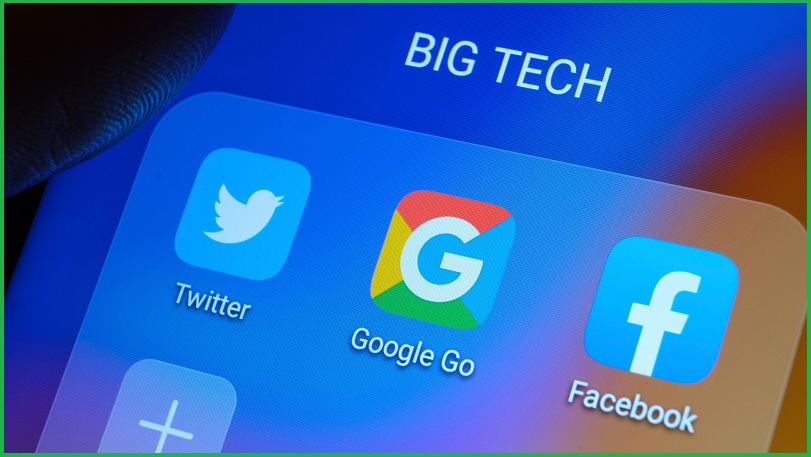The CEOs of Silicon Valley tech giants Facebook, Twitter, and Google have all agreed to allow more scrutiny into how their algorithms instruct the flow of information online.
During a US congress hearing into disinformation on social media, Democrat congresswoman Robin Kelly proposed the need for "more transparency and research" into AI systems used by the companies.
"I understand that they are constantly evolving and proprietary however those obstacles must not be insurmountable," she said.
"Would you agree to some type of test bed to evaluate your procedures and technology for disparate impacts and would you welcome minimal standards set by the government?"
Jack Dorsey, CEO of Twitter, said yes.
"We're interested in opening all this up and going a step further and having a protocol," he said about Twitter's algorithms.
"I don't think that should be government driven but it should be open and transparent that the government can have a look at it and understand how it works."
Mark Zuckerberg, CEO of Facebook, agreed.
"This is an area where research would be helpful," he said.
"I think some standards, especially amongst the civil rights community, would be helpful guidance for the companies."
Google CEO Sundar Pichai said the firm was "open to conversations about minimum standards".
"It's an important area."
Aside from being open to the idea of creating transparency around the inner workings of their proprietary AI systems, the CEOs did not elaborate much further on how that would happen.
Yes or no
It was a general failure of the hearing process – one that lasted nearly six hours – that each of its committee members were given just five minutes to question the three CEOs.
Some used their short time for questioning three leaders of powerful information and advertising companies to tee off on ideological gripes about the companies managing online speech.
Others resorted to asking the CEOs to respond "yes or no" to often long-winded questions on a range of topics relating to their respective advertising businesses.
Dorsey expressed his visible contempt with the hearing when he tweeted – while it was still running – a question mark alongside a poll for 'yes' or 'no'.
?
— jack (@jack) March 25, 2021
Throughout the hearing the tech giants remained in lockstep, disagreeing with senators' assertions that they profit from the spread of misinformation on their platforms.
But when congressman Mike Doyle asked if their respective platforms "bears some responsibility" for the spread of disinformation that led to the Capitol Hill riot in January 6, Dorsey answered in the affirmative.
"Yes, but you also have to take into consideration the broader ecosystem," he said.
Zuckerberg started to answer by saying Facebook's responsibility "is to build systems that can help fight the spread of this" before being cut off for not answering the "yes or no" question.
Pichai also forewent a simple "yes or no", saying Google "always feels a deep sense of responsibility".
"This election effort was one of our most substantive efforts," Pichai said.
"Is that a yes or a no?" replied Doyle.
Pichai sighed. "Congressman, it's a complex question."
Social media platforms silenced former US President Donald Trump and his supporters in the wake of a violent riot on the US Capitol building earlier this year.
Trump has remained banned on mainstream social media channels but is reportedly trying to create his own social media platform.










